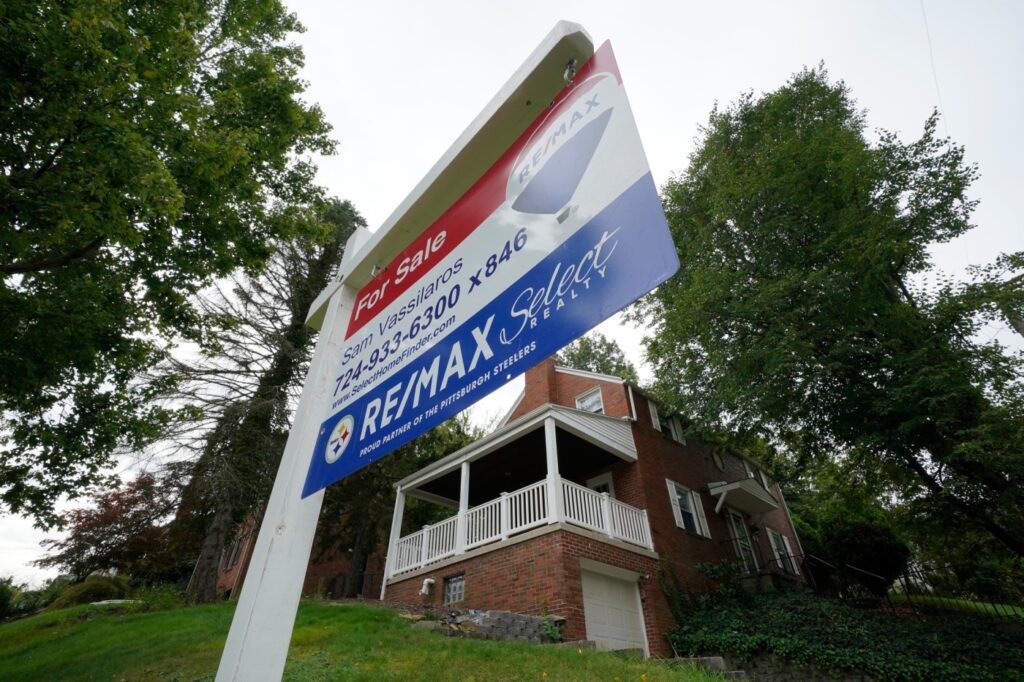
By Jo Constantz | Bloomberg
Mortgage rates in the U.S. soared, surpassing 4% for the first time in almost three years.
The average for a 30-year loan was 4.16%, up from 3.85% last week and the highest since April 2019, Freddie Mac said in a statement Thursday. Rates haven’t been above 4% since May of that same year.
Borrowing costs tracked a surge in 10-year Treasury yields. At its board meeting this week, the Federal Reserve raised the benchmark interest rate by 25 basis points, with more hikes anticipated in the months to come. The Fed’s ongoing fight against inflation — made even more urgent by concerns about soaring fuel costs and supply-chain fallout from Russia’s invasion of Ukraine — will likely push mortgage rates up further.
Related Articles
How rising Fed interest rates affect homebuyers, homeowners
Southern California house payments soar 26% — with $141,200 down
Mortgage rates up as Fed readies its inflation fight
Condo shoppers beware: Balcony law could cost you thousands of dollars after you buy
Online-mortgage lender Better fires 3,000 in new round of cuts
While rates are expected to climb in the long term, the next few weeks will be unpredictable as financial markets continue to churn. Meanwhile, inflation and escalating home prices continue to erode Americans’ buying power, putting the dream of homeownership increasingly out of reach for many.
Many buyers jumped into the market earlier in the pandemic, and existing owners rushed to refinance, taking advantage of rates that were sliding. At the current 30-year average, the monthly payment on a $300,000 loan would be $1,460. That’s up from $1,209 at the record low of 2.65%, reached in January 2021.
An extra $100 to $200 on a mortgage payment typically wouldn’t be a primary deterrent for buyers, according to Susan Stewart, chief executive officer of SWBC Mortgage Corp. But that may be meaningful when taken together with other costs — such as for food and fuel — that are rising with inflation.
“If somebody sits down and does a budget and says, OK, these are all my expenses today, which ones are going to increase? And when you pile that on, is that going to affect my ability to buy a home?” said Stewart, whose firm is based in San Antonio, Texas. “Cash flow-wise it might. Down payment-wise, it might.”
